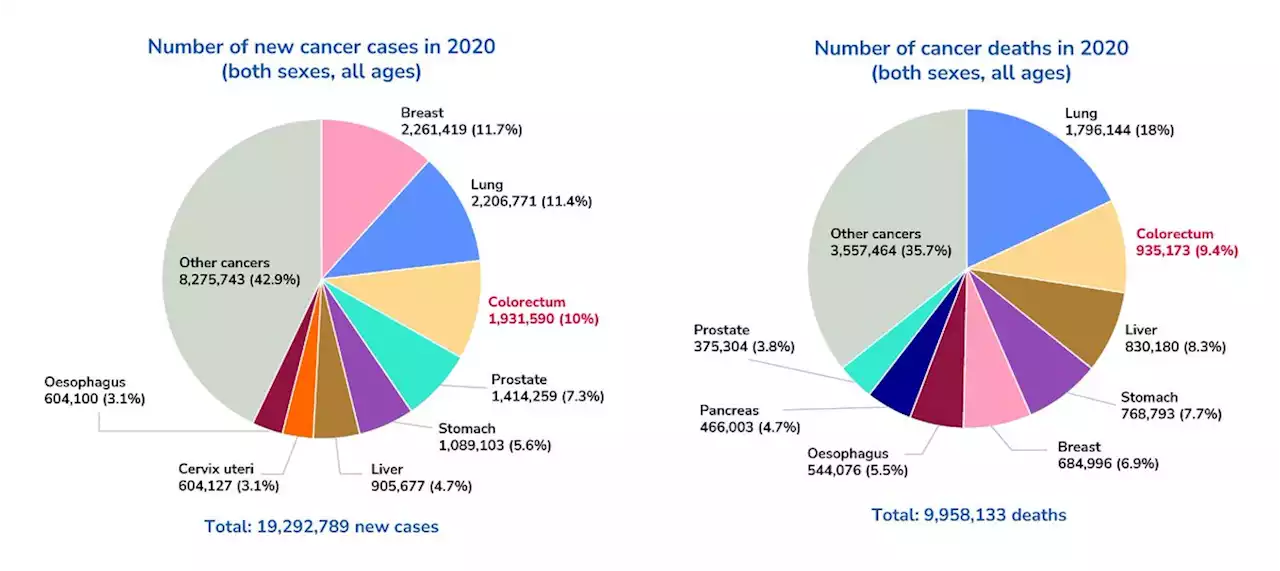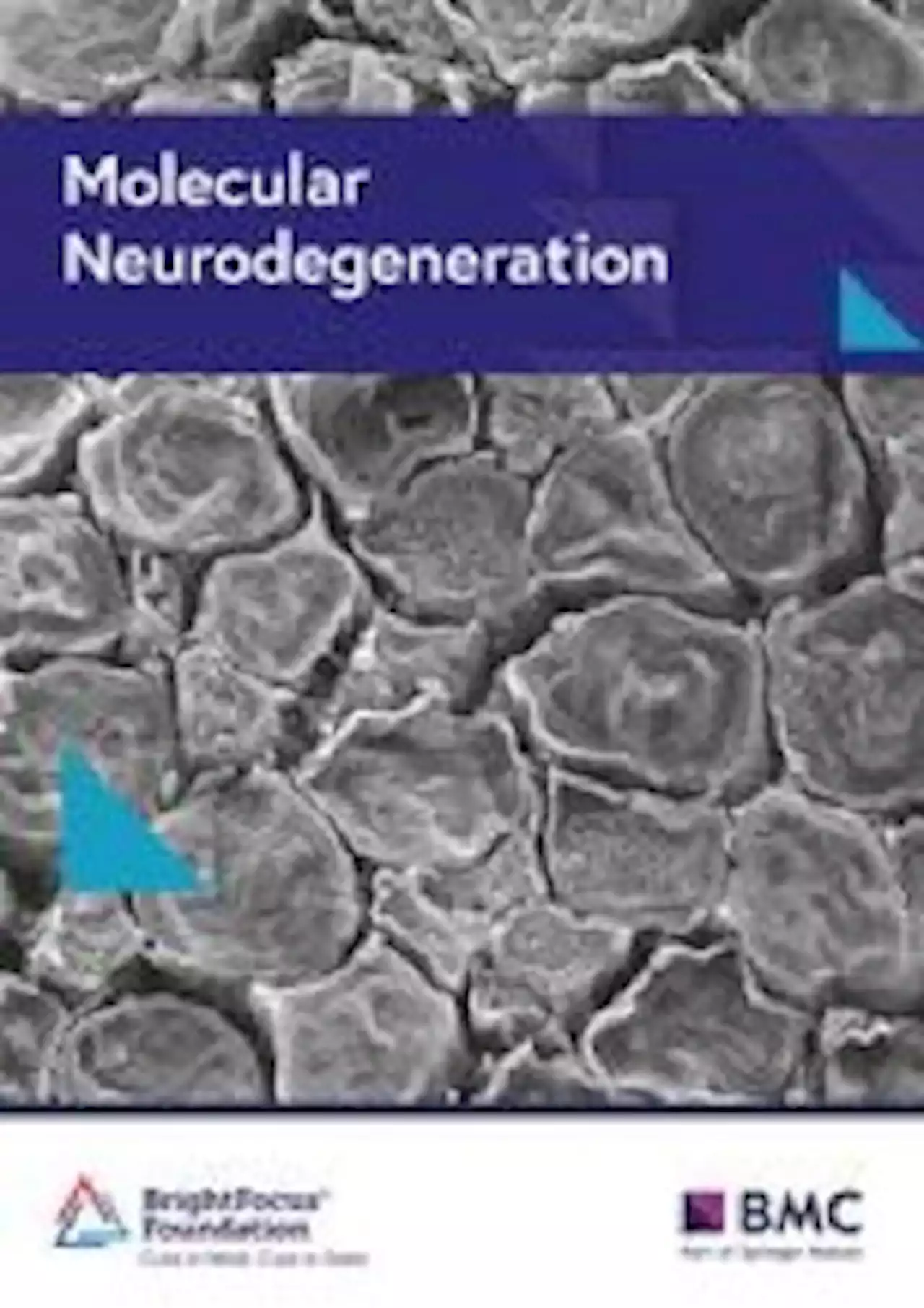'Unanswered questions' over mysterious death of mum who drowned in stream
Her dad Robert Baird told the hearing that his daughter had struggled with drink and drugs for several years.Pathologist Dr Philip Lumb said Joanne died of "drowning", which he said had been caused by "alcohol and polydrug toxicity".
A toxicology report found alcohol levels in her blood were two-and-a-half times the legal drink drive limit. A potentially fatal level of methadone was also found in her blood, alongside traces of cocaine and cannabis.River specialist Dr Maddrell said the water level around Joanne would have risen after she fell in and water may have "splashed" in her face.
Mr Mahmood was arrested on suspicion of murder following Joanne's death - he denied hurting or causing her any injuries.Recording an open conclusion, coroner Joanne Kearsley said there were "unanswered questions" but "not enough evidence that she was unlawfully killed".Read More on The Sun
United Kingdom Latest News, United Kingdom Headlines
Similar News:You can also read news stories similar to this one that we have collected from other news sources.
 i morning briefing: The serious questions on the decision to ban laughing gasWhat the experts say about nitrous oxide, from just how dangerous it really is, to why banning it will only criminalise more young people and fuel the black market
i morning briefing: The serious questions on the decision to ban laughing gasWhat the experts say about nitrous oxide, from just how dangerous it really is, to why banning it will only criminalise more young people and fuel the black market
Read more »
 Ask the Expert: 7 Questions about Colorectal Cancer & Non-invasive Fecal DNA TestingIn this interview, NewsMedical speaks with Dr. Yuying Wang, R&D Director (Oncology), from BGI Genomics, about colorectal cancer and the development and application of COLOTECTTM 1.0, a non-invasive fecal DNA test for the detection of colorectal cancer and pre-cancerous lesions.
Ask the Expert: 7 Questions about Colorectal Cancer & Non-invasive Fecal DNA TestingIn this interview, NewsMedical speaks with Dr. Yuying Wang, R&D Director (Oncology), from BGI Genomics, about colorectal cancer and the development and application of COLOTECTTM 1.0, a non-invasive fecal DNA test for the detection of colorectal cancer and pre-cancerous lesions.
Read more »
 Questions over FOUR HUNDRED Clean Air Zone cameras still in place“The future usage of these cameras must not be decided in a back room somewhere,” one councillor said
Questions over FOUR HUNDRED Clean Air Zone cameras still in place“The future usage of these cameras must not be decided in a back room somewhere,” one councillor said
Read more »
 Plasma phospho-tau in Alzheimer’s disease: towards diagnostic and therapeutic trial applications - Molecular NeurodegenerationAs the leading cause of dementia, Alzheimer's disease (AD) is a major burden on affected individuals, their families and caregivers, and healthcare systems. Although AD can be identified and diagnosed by cerebrospinal fluid or neuroimaging biomarkers that concord with neuropathological evidence and clinical symptoms, challenges regarding practicality and accessibility hinder their widespread availability and implementation. Consequently, many people with suspected cognitive impairment due to AD do not receive a biomarker-supported diagnosis. Blood biomarkers have the capacity to help expand access to AD diagnostics worldwide. One such promising biomarker is plasma phosphorylated tau (p-tau), which has demonstrated specificity to AD versus non-AD neurodegenerative diseases, and will be extremely important to inform on clinical diagnosis and eligibility for therapies that have recently been approved. This review provides an update on the diagnostic and prognostic performances of plasma p-tau181, p-tau217 and p-tau231, and their associations with in vivo and autopsy-verified diagnosis and pathological hallmarks. Additionally, we discuss potential applications and unanswered questions of plasma p-tau for therapeutic trials, given their recent addition to the biomarker toolbox for participant screening, recruitment and during-trial monitoring. Outstanding questions include assay standardization, threshold generation and biomarker verification in diverse cohorts reflective of the wider community attending memory clinics and included in clinical trials.
Plasma phospho-tau in Alzheimer’s disease: towards diagnostic and therapeutic trial applications - Molecular NeurodegenerationAs the leading cause of dementia, Alzheimer's disease (AD) is a major burden on affected individuals, their families and caregivers, and healthcare systems. Although AD can be identified and diagnosed by cerebrospinal fluid or neuroimaging biomarkers that concord with neuropathological evidence and clinical symptoms, challenges regarding practicality and accessibility hinder their widespread availability and implementation. Consequently, many people with suspected cognitive impairment due to AD do not receive a biomarker-supported diagnosis. Blood biomarkers have the capacity to help expand access to AD diagnostics worldwide. One such promising biomarker is plasma phosphorylated tau (p-tau), which has demonstrated specificity to AD versus non-AD neurodegenerative diseases, and will be extremely important to inform on clinical diagnosis and eligibility for therapies that have recently been approved. This review provides an update on the diagnostic and prognostic performances of plasma p-tau181, p-tau217 and p-tau231, and their associations with in vivo and autopsy-verified diagnosis and pathological hallmarks. Additionally, we discuss potential applications and unanswered questions of plasma p-tau for therapeutic trials, given their recent addition to the biomarker toolbox for participant screening, recruitment and during-trial monitoring. Outstanding questions include assay standardization, threshold generation and biomarker verification in diverse cohorts reflective of the wider community attending memory clinics and included in clinical trials.
Read more »
 LTNs and 15-minute cities accused of being led by cycling lobbies, official review called a “whitewash”Petitions are calling for a 'independent' review of LTNs and 'national referendums' for 15-minute city policies, amidst reports of Oxford Council hiding data. ALSO: Outrage over the appointment of Dr Rachel Aldred to head the said review of LTNs. cycling
LTNs and 15-minute cities accused of being led by cycling lobbies, official review called a “whitewash”Petitions are calling for a 'independent' review of LTNs and 'national referendums' for 15-minute city policies, amidst reports of Oxford Council hiding data. ALSO: Outrage over the appointment of Dr Rachel Aldred to head the said review of LTNs. cycling
Read more »
